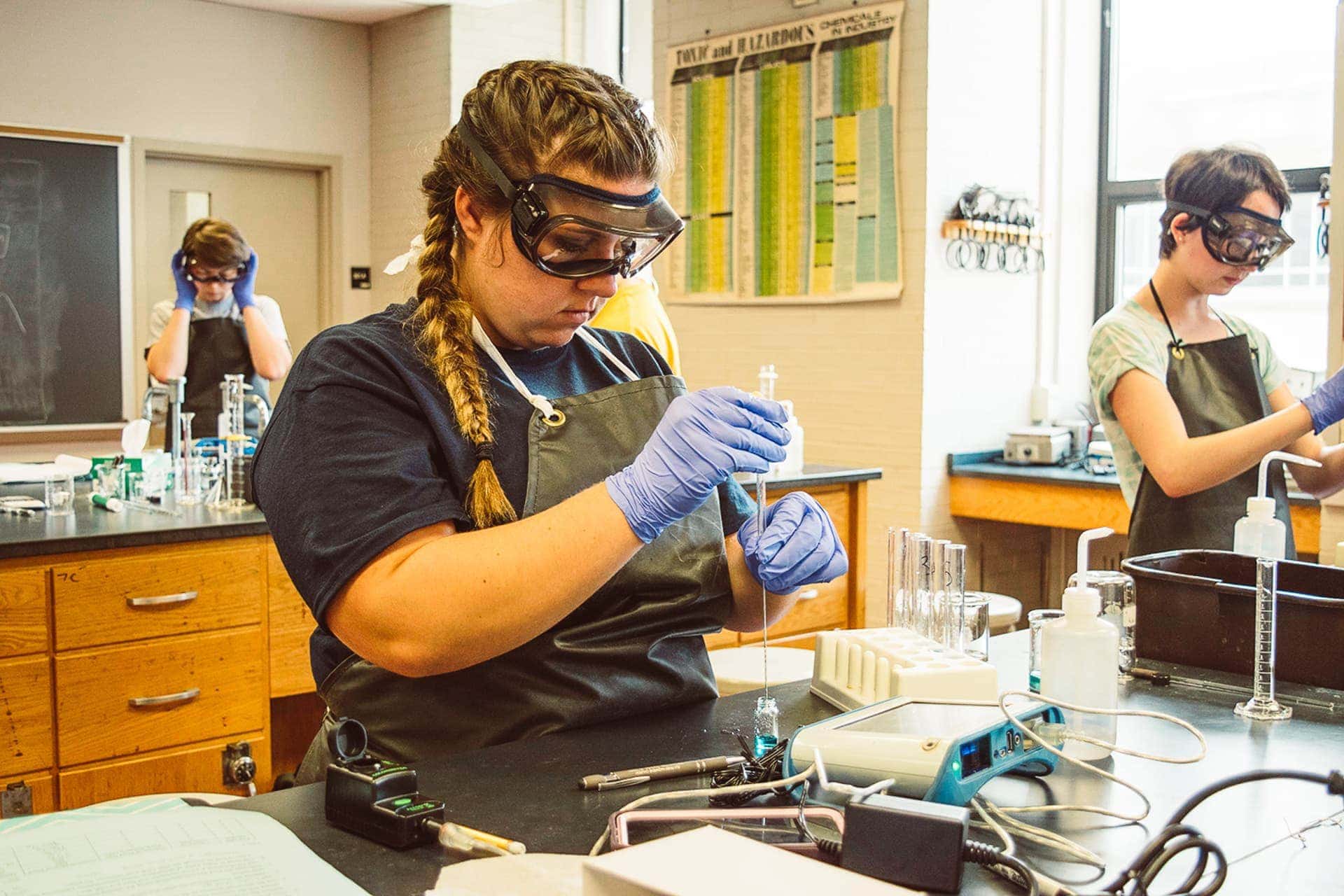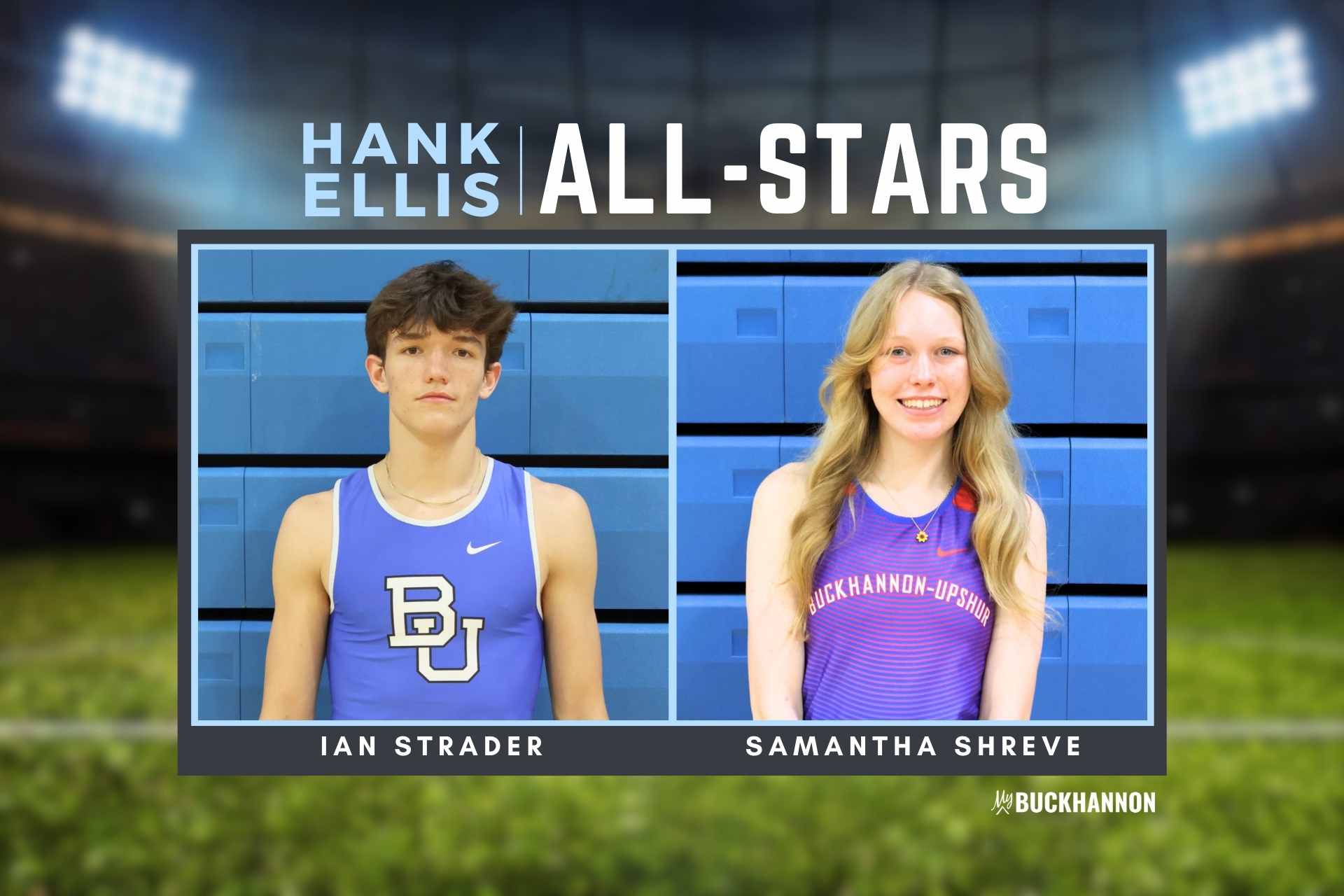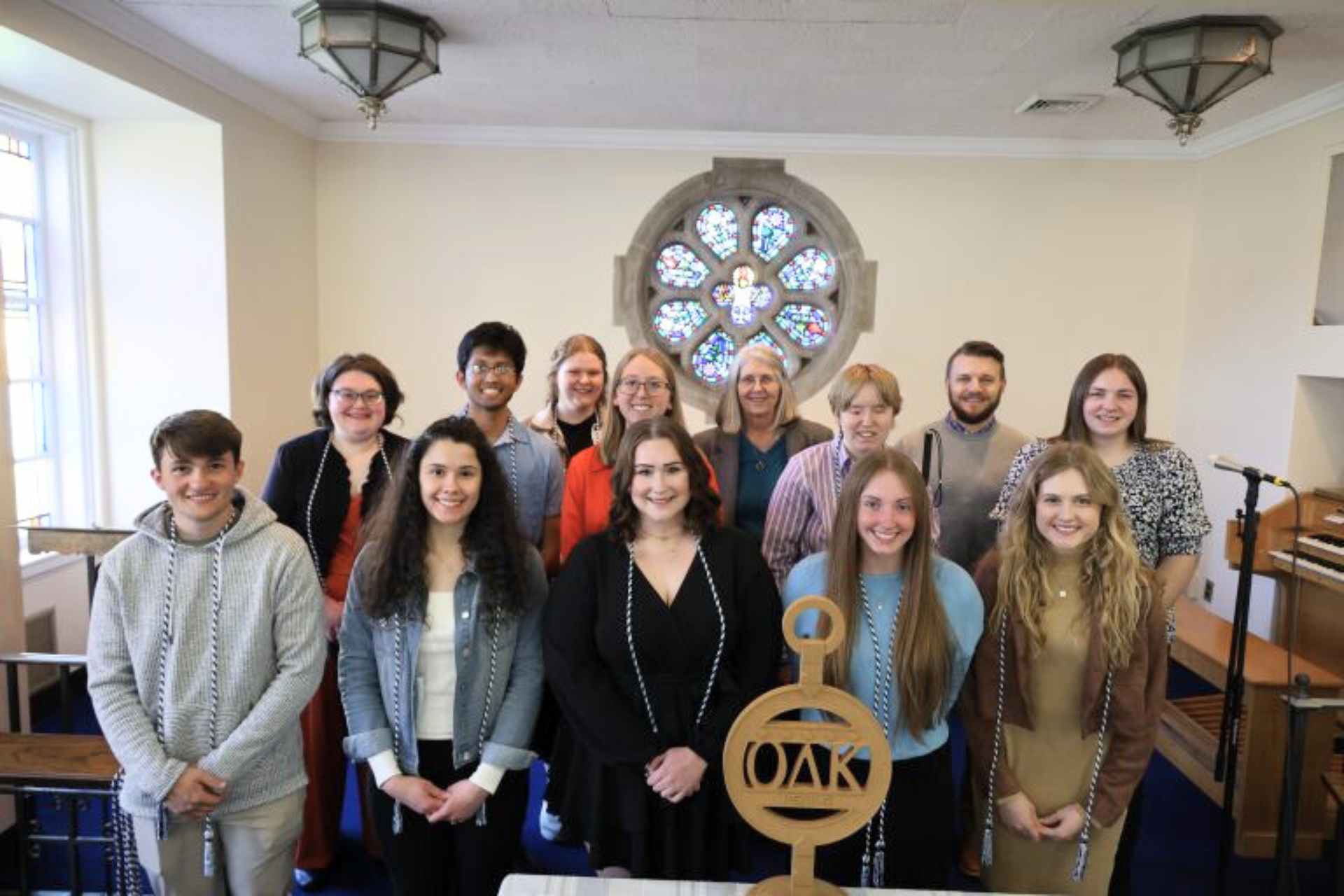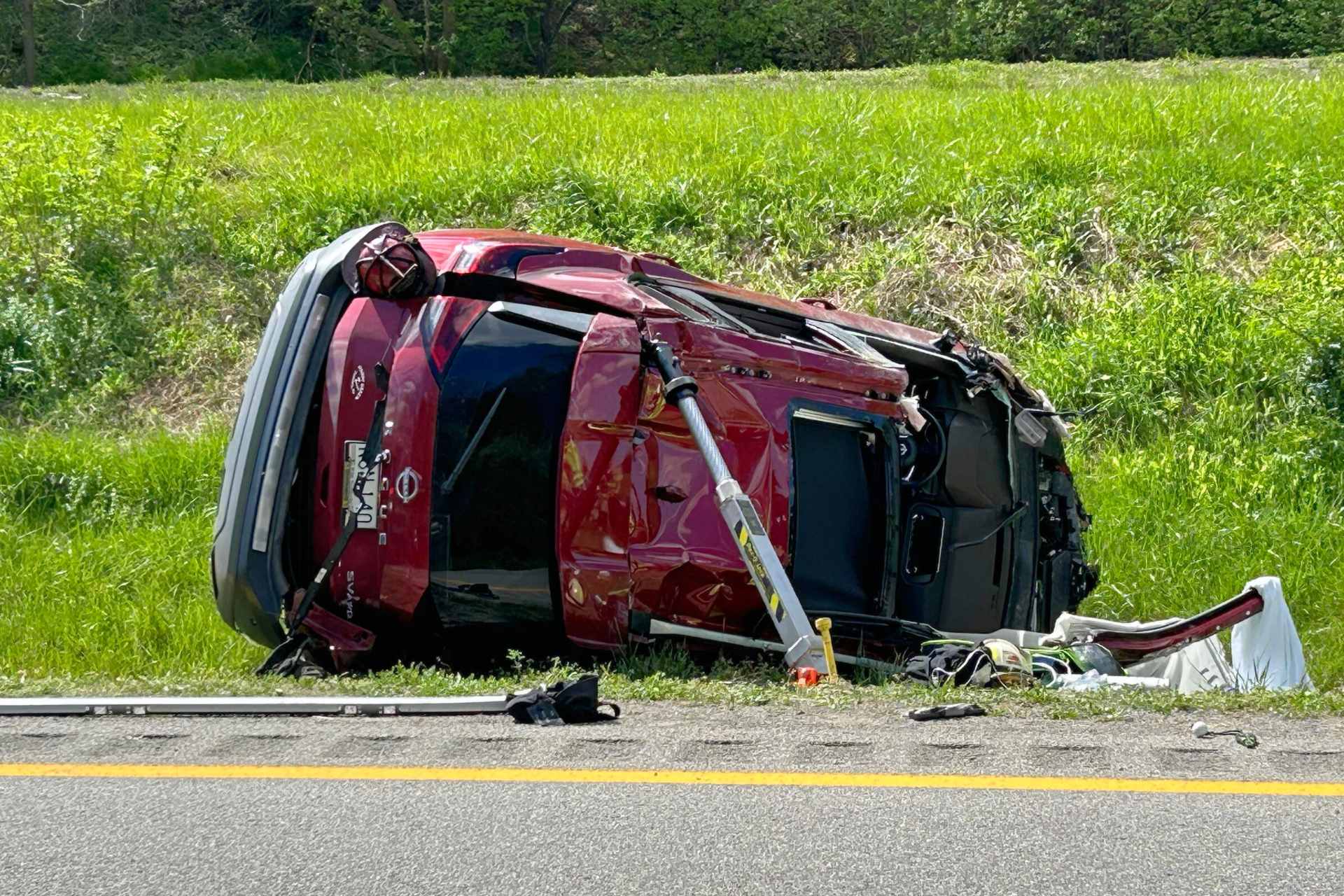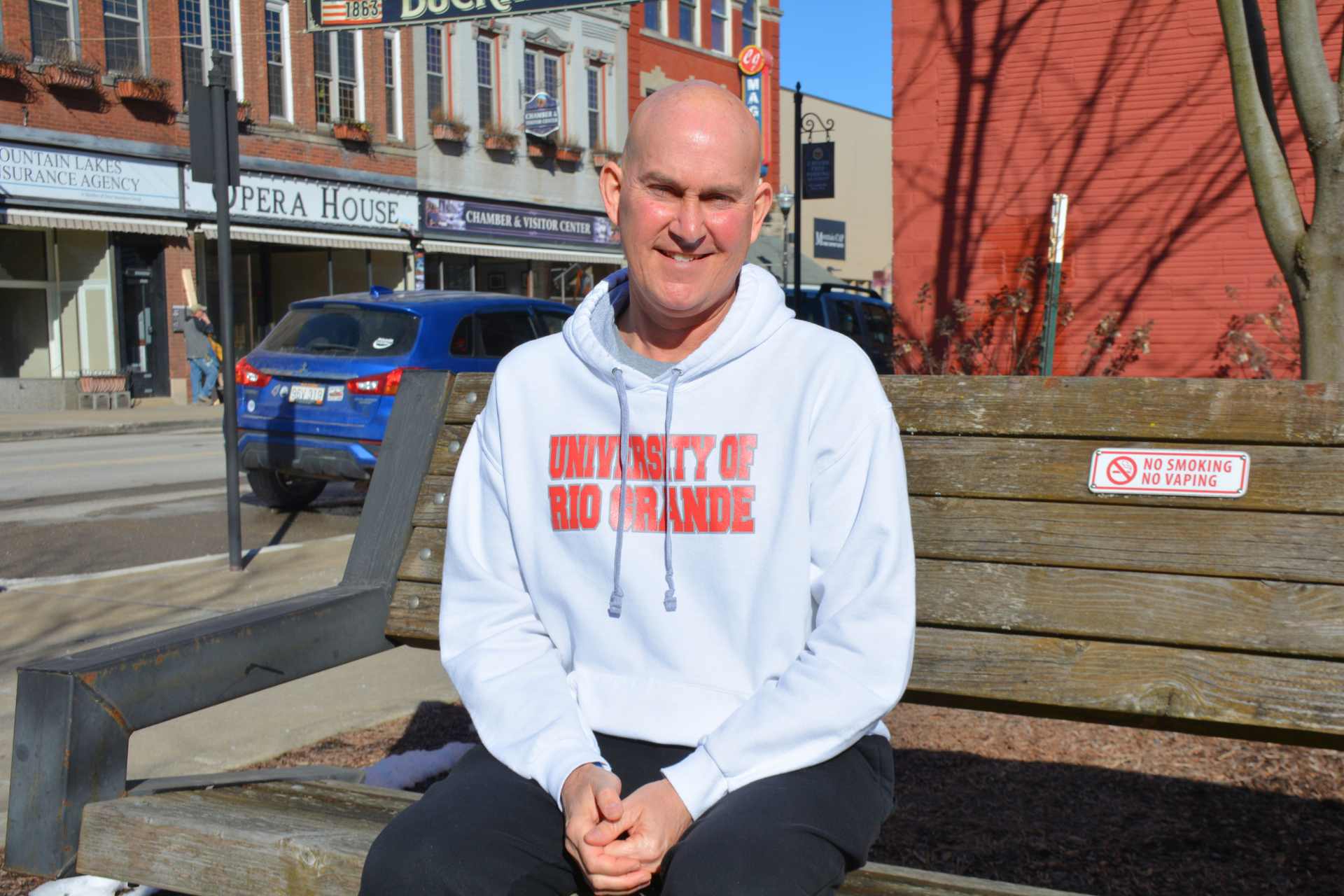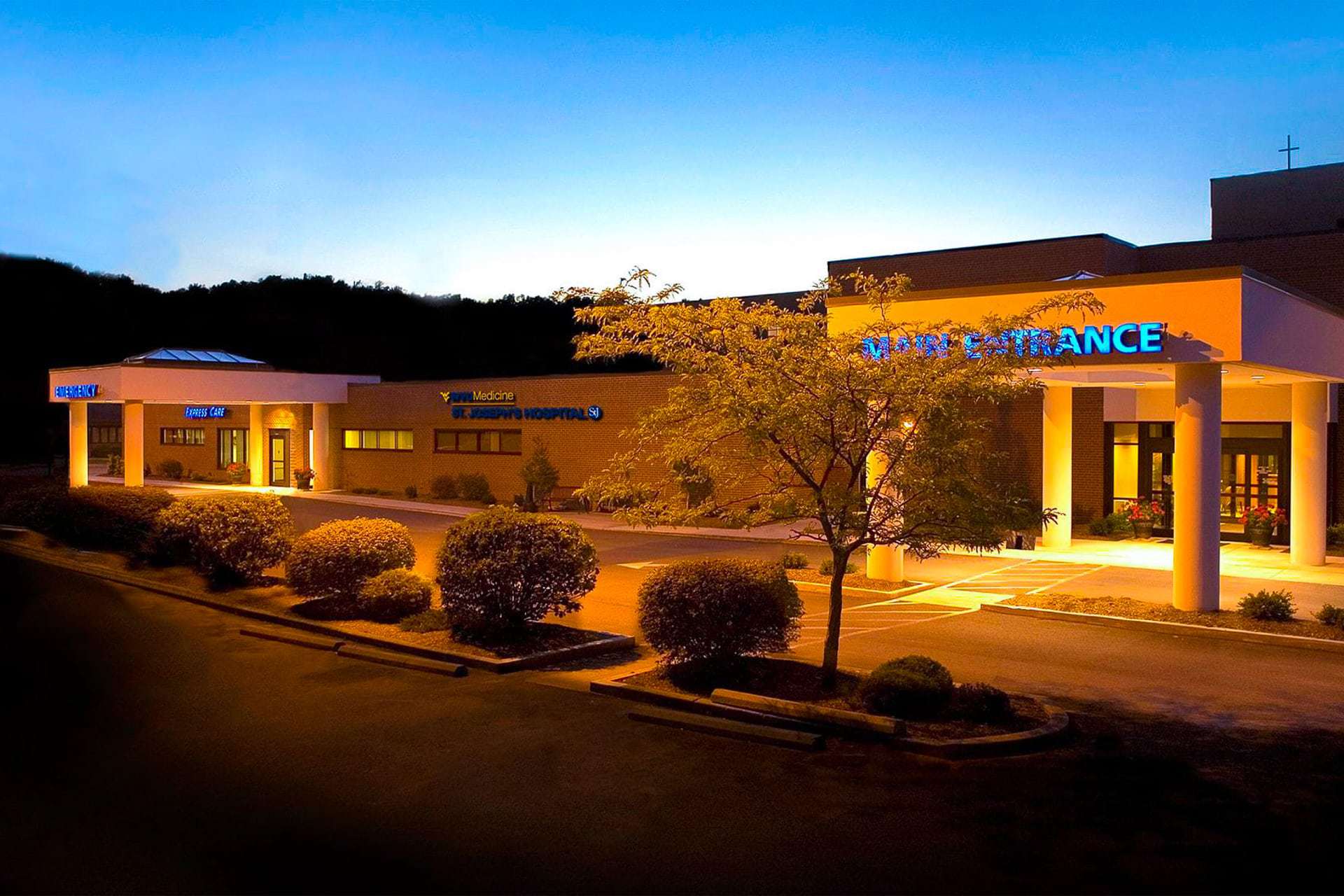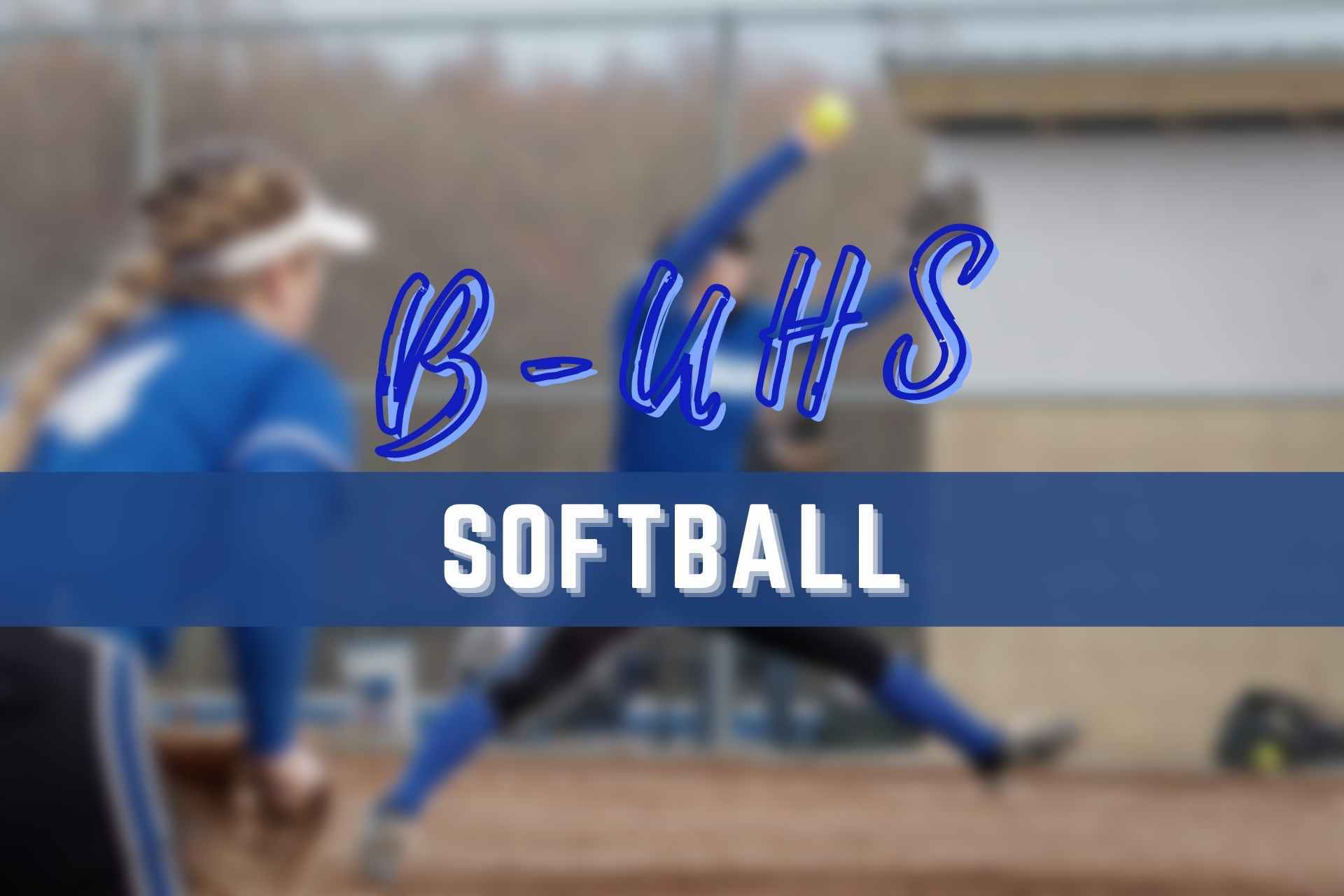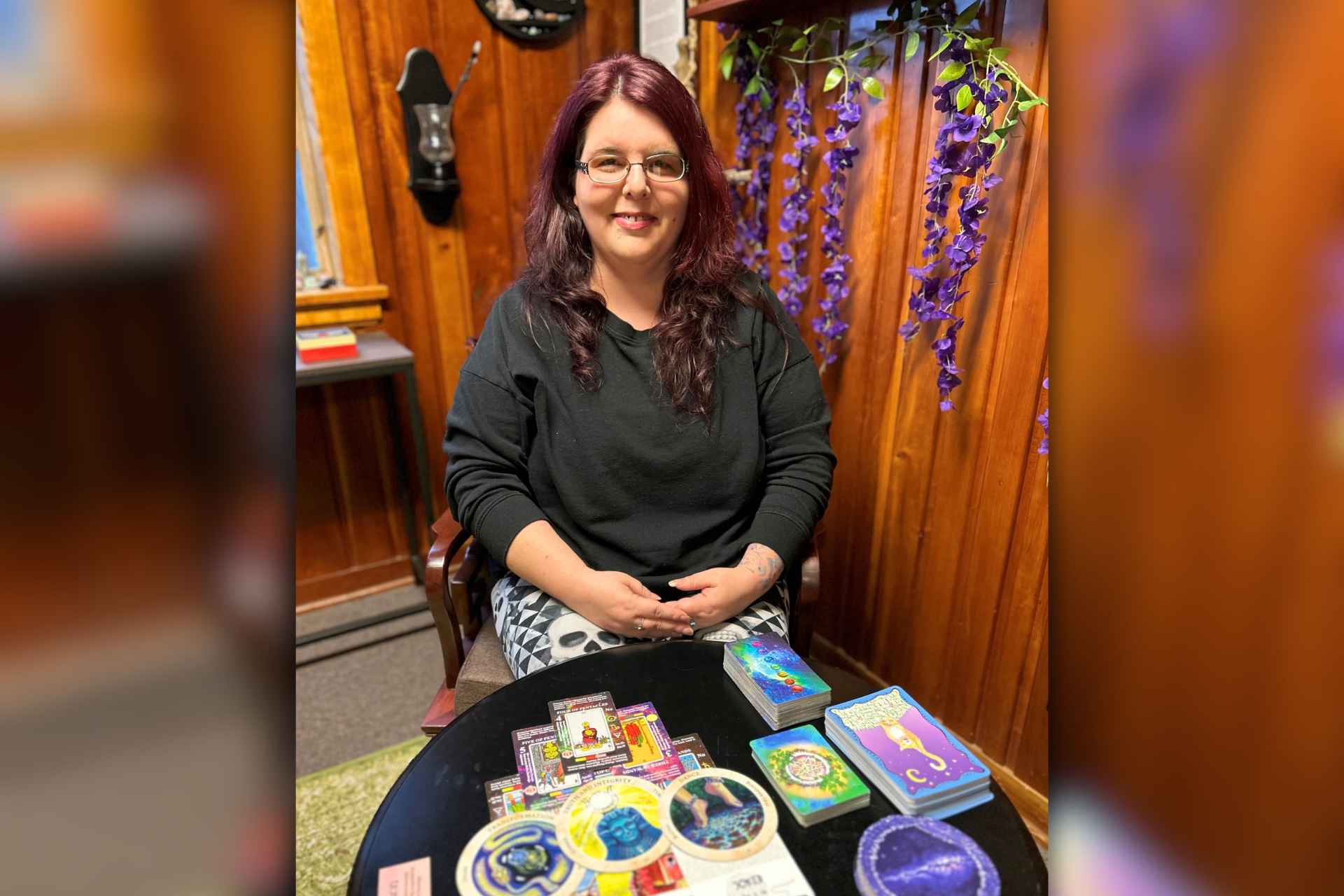Nine first-year students arrived at West Virginia University in July to get a head start on their college experiences.
The students are part of the First2 STEM Success Network, an INCLUDES Alliance and statewide collaboration supported by the National Science Foundation. The WVU Center for Excellence in STEM Education is one of the five lead organizations in the alliance. The alliance is working to improve the college enrollment and retention rates of first-generation undergraduate STEM students from rural areas.
The students are on campus July 14-25 for a two-week research immersion program.
- Matthew Bloomer
Harper’s Ferry
Engineering - Christian Botkins
LeonEngineering - Aubrey Cumberledge
Wallace
Biology - Emily Duckworth
Waverly
Biochemistry - Isabella Hurley
IsabanBiology - Jarod Liptrap
MarlintonBiochemistry - Jordan Means
Elkview
Immunology and Medical Microbiology - Sydney Puchalski
Grafton
Animal and Nutritional Sciences - Natalie Watson
Hurricane
Forensic and Investigative Science
The students divided into teams to tackle real-life math and chemistry problems, working with faculty and students in the Eberly College of Arts and Sciences.
The math team, led by Professor and Department Chair Marjorie Darrah and graduate student Jesse Cook, is investigating ways to use unmanned aerial vehicles, like drones and quadcopters, to optimize search-and-rescue missions.
“I’m a first-generation college student, so this project is near and dear to my heart. Our ultimate goal is to increase STEM participation of first-generation students across West Virginia,” Darrah said. “I wanted the students to experience real-world research. This project mimics what they could experience in their future careers.”
The chemistry team, led by Teaching Associate Professor Betsy Ratcliff and postdoctoral fellow Roshan Lamichhane, is testing new laboratory experiments that will be used in future college chemistry classes.
“The students are benefitting from role modeling and seeing how things are done in the lab ahead of time, from keeping a research notebook to maintaining research supplies and understanding why it’s important,” Ratcliff said. “These are skills that are entirely transferrable, but the students may not have encountered them yet. We’re starting from the fundamentals in developing good laboratory practices and thought processes.”
While on campus, the students are living in a residence hall and being mentored by undergraduate students Abby Sine and Zachery Donnellan, who are serving as their resident assistants and research mentors during the program.
“I hope to help the new students not be as afraid of chemistry and introduce them to it in a positive way,” said Donnellan, a chemistry major from Boone County. “Chemistry labs have been some of my favorite parts of college so far, and I want to make that happen for them, too.”
Throughout the experience, the students will get a glimpse of college life, from using the WVU Libraries and eating in a dining hall to exercising at the Student Recreation Center and volunteering with the Center for Service and Learning. They will travel to Pittsburgh for WVU Day at PNC Park, participate in Adventure WV’s Challenge Course, visit the WVU Art Museum and attend the Summer Undergraduate Research Experience’s symposium.
“I am excited to help students from different STEM disciplines get acclimated to college and learn how to do research,” said Sine, a math major from Blacksville. “We hope to keep engaging the students once they return to campus in the fall because it’s a natural connection. These are students they already know, and they will have a built-in support system.”
The immersion experience at WVU is administered by Michelle Richards-Babb, director of the Office of Undergraduate Research, professor of chemistry and a first-generation student herself.
The WVU site is one of four camps taking place around the state this summer. The others were hosted at Fairmont State University, Marshall University and West Virginia State University. In total, approximately 30 first-year, first-generation college students studying STEM disciplines are participating in the programs.
“First2 is trying to address the questions: How do we help prepare students for college? How do we make college more effective for students?” said Gay Stewart, director of the Center for Excellence in STEM Education and Eberly Professor of STEM Education. “Many students coming from rural West Virginia do not know what STEM looks like or what careers they can pursue. Through early research experiences, we want the students to experience what it means to really do math and chemistry to encourage them to stay in STEM majors.”
The Office of Undergraduate Research supports students like those above in finding undergraduate research opportunities. Students interested in getting started in research can email undergradresearch@mail.wvu.edu to set up an appointment.
